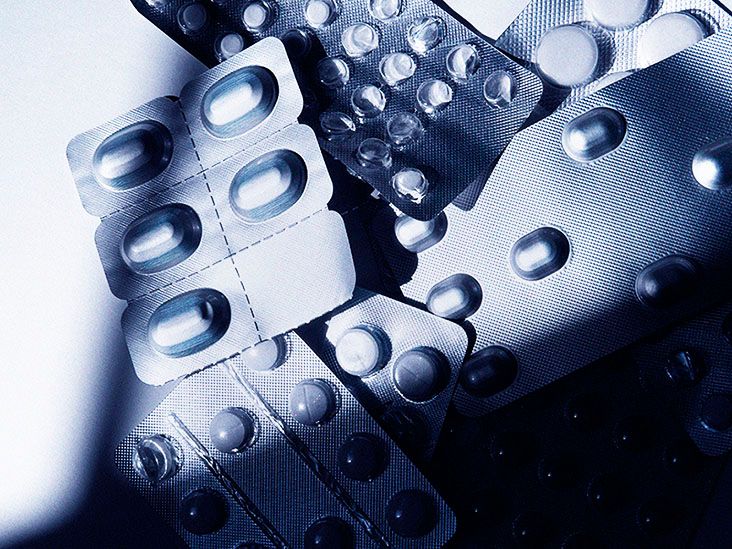No cure is available for some sexually transmitted infections (STIs), such as HIV, human papillomavirus (HPV), herpes, and hepatitis B. However, treatment can help reduce the effects of these infections and manage complications.
STIs are pathogens that predominantly pass from person to person during unprotected sex or some other form of sexual activity. People may refer to conditions that can develop due to these infections as sexually transmitted diseases (STDs).
Some infections that people generally consider STIs can also transmit during pregnancy, childbirth, breastfeeding, or exposure to contaminated blood or blood products.
Treatment can cure certain STIs, while others are currently incurable. However, treatments can help reduce the symptoms of incurable STIs and prevent potential health complications.
Antibiotics can usually cure STIs that occur due to bacteria or parasites. Curing an STI means that treatment completely removes the pathogen that caused the infection from the body.
Curable STIs that result from bacterial or parasitic infections include:
Treatment for these may involve a single dose or course of antibiotics.
STIs that are currently incurable are still treatable. People can take measures to reduce the damage they can cause, prevent their spread to future or current sexual partners, and reduce the effects they may have on daily life.
HIV is a virus that attacks immune cells, which are responsible for defending the body against other infections. As a result, HIV can make people more likely to acquire other conditions. Without treatment, HIV can progress to stage 3, also known as AIDS. This may cause fatal complications.
Transmission
HIV passes between people through bodily fluids.
Transmission can occur during sex without protection. Strategies to reduce transmission include using a condom or taking a medication called pre-exposure prophylaxis (PrEP), which can lower the risk of acquiring HIV in people who experience exposure to the virus.
The virus can also spread between people who share drug injection equipment.
Treatment and prevention
People with HIV have it for life. The body cannot remove it, and no treatment can currently clear it from the bloodstream. However, a treatment called antiretroviral therapy (ART) can reduce the viral load, the volume of the virus in the blood.
When a person takes ART consistently, these drugs are very effective at limiting the effects of the virus. ART can lower the HIV viral load to a level where:
- it is undetectable in tests
- it is not transmissible to others
- it may cause less damage to the immune system
Even though HIV is incurable at present, people with HIV can still prevent transmission and live a healthy, long life.
HPV is an extremely common group of over 100 viruses that live in the mouth, genitals, or throat. Most of these viruses do not cause symptoms.
Transmission
Some HPV viruses can transmit between humans during skin-to-skin contact involving the genitals, including:
Symptoms and complications
Most people with HPV are unaware they have it and never experience health problems.
Some strains of HPV can cause:
Treatment and prevention
No HPV treatment is currently available. However, the body clears most strains of HPV within 2 years.
Doctors can treat the resulting health problems, such as genital warts or cervical cell changes, if necessary.
Additionally, there is a safe and effective HPV vaccine that health experts recommend in the United States to help prevent certain strains of HPV infections.
Transmission
Herpes transmits through sores, as well as saliva, genital fluids, or skin contact with individuals who have either oral or genital herpes.
HSV-2 only spreads through sexual contact and
However, HSV-1 can transmit due to sexual contact or nonsexual contact with saliva. Although HSV-1 usually causes oral herpes, it can spread to the genitals through oral sex, especially if a person has open cold sores.
Symptoms
Most people with herpes do not know they have it and many people with HSV may not notice symptoms.
However, a herpes outbreak, in particular the first time a person has one, can cause:
Treatment and prevention
No herpes cure is currently available, and the infection is lifelong. Outbreaks may continue, but those after the first tend to be shorter and milder and may become rarer over time.
Transmission
HBV transmits when bodily fluids, such as semen or blood, from a person with the virus enter another person’s body. The resulting illness may last a few weeks and be mild or cause serious long-term health problems.
Symptoms
Hepatitis B is often symptomless, and any symptoms that occur due to acute infection do so within 90 days. People with a long-term infection may not show symptoms until decades after exposure.
Prevention
The best way to prevent HBV transmission is through vaccination. Some medications are available to treat long-term hepatitis B that can prevent progression to severe liver disease, although not every person needs them.
Planned Parenthood states that the only guaranteed way to avoid contracting an STI is to avoid all forms of sexual contact.
However, it points out that practicing what expert call safer sex can reduce the risk for those who are sexually active. Some sexual activities, such as mutual masturbation, may have a lower risk of transmitting STIs.
The
- use condoms safely and correctly for every sexual encounter
- limit casual sex where possible
- seek regular testing between sexual partners and if part of a group at increased risk
Receiving vaccines or preventive medications can also help prevent infections, such as hepatitis B, some strains of HPV, and HIV.
Additionally, it is advisable to avoid other activities that increase the risk of acquiring certain STIs, such as sharing needles.
Herpes, HPV, HIV, and hepatitis B are currently incurable. However, management of disease progression, transmission, and some symptoms is possible.
For example, prophylactic medication can stop HIV from being transmissible from one person to the next, and treatment is possible for the cell changes or genital warts that may arise from HPV.
Vaccines can prevent some STIs, such as hepatitis B or some strains of HPV. However, practicing safer sex by using condoms and engaging in regular testing if needed can also help prevent transmission.




